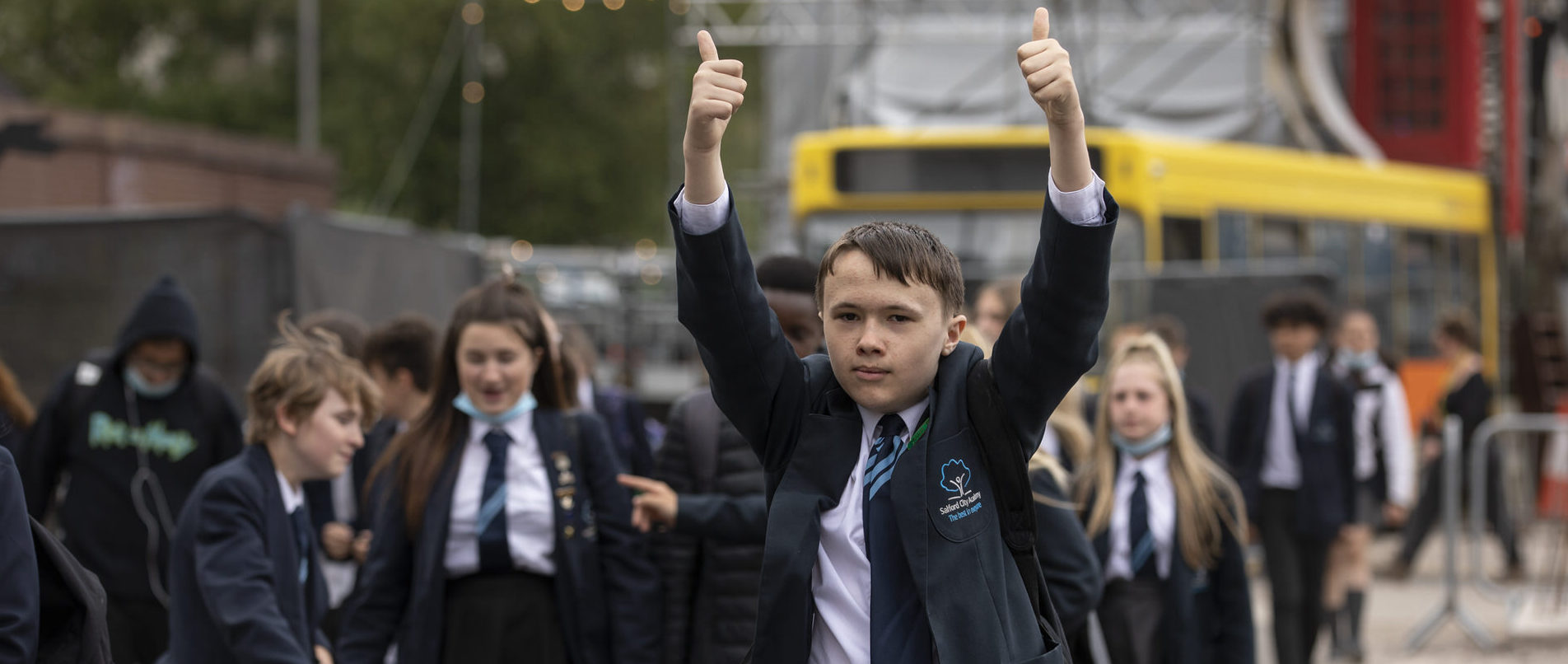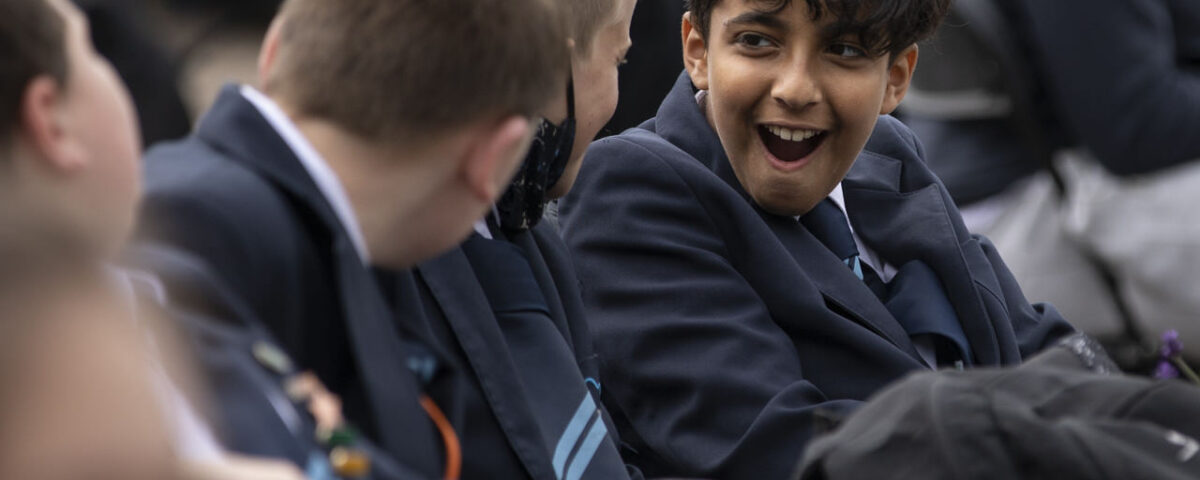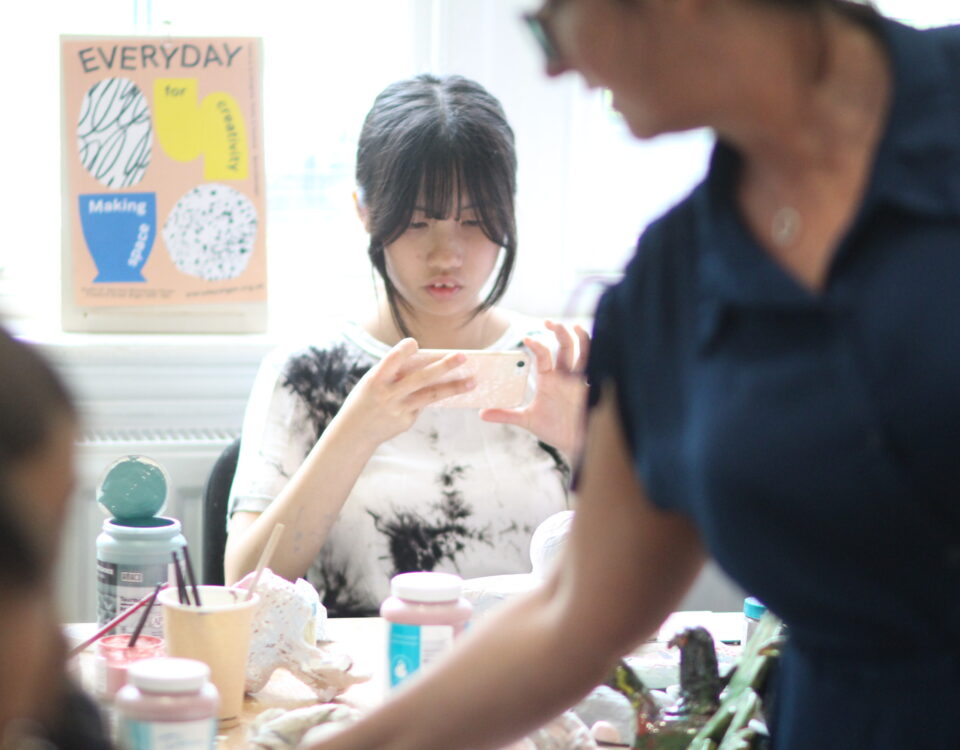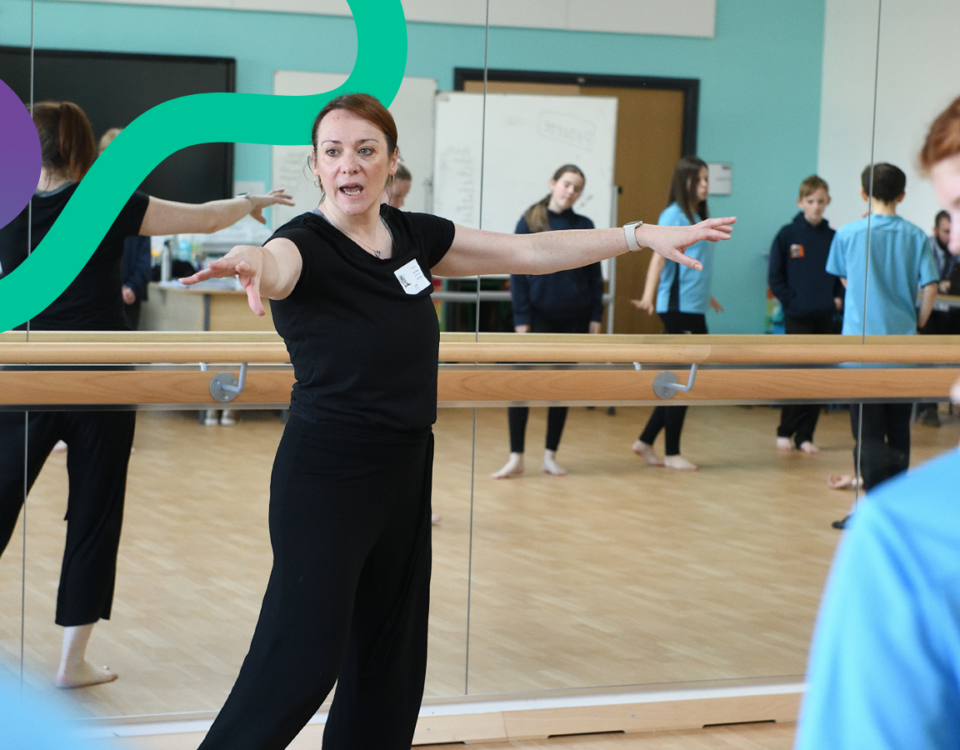
Goldsmiths PhD Collaboration
February 16, 2024
Active Listening
March 22, 2024
The future of cultural trips from school hangs in the balance
Kelly Allen, Deputy Chief Executive at Curious Minds, shares what you need to know.
Ask any working age adult to tell you a story about a school trip they went on and currently, most of them can.
You’ll likely be regaled with funny anecdotes and fond memories of amazement and mischief. Lots, perhaps even most, of those trips will have been cultural ones. For some, it may have been their only memory of going to a theatre or museum during their school years.
But right now, we’re in the middle of a perfect storm. Recent research points toward a future where cultural school trips are no longer a guaranteed part of school life. Unless something changes quickly, that is.
You’ll likely be regaled with funny anecdotes and fond memories of amazement and mischief. Lots, perhaps even most, of those trips will have been cultural ones. For some, it may have been their only memory of going to a theatre or museum during their school years.
But right now, we’re in the middle of a perfect storm. Recent research points toward a future where cultural school trips are no longer a guaranteed part of school life. Unless something changes quickly, that is.

Kelly Allen
Deputy Chief Executive
The Sutton Trust’s research published in April 23 found:
…reports of cuts to trips and outings have more than doubled, now standing at 50%, up from 21% – a proportion that is even higher in schools with the most disadvantaged intakes, at 68%, compared to 44% in the least deprived schools.
These findings are especially concerning given the importance of school trips in broadening the horizons of young people in low-income families, who are less likely to have these experiences outside of those provided by school.
The number of children and young people living in low-income families has rocketed and the level of poverty being experienced is more extreme. The DWP’s most recent Households Below Average Income (HBAI) statistics show that 4.3m children (30%) were in poverty in the year to April 2023, with 2.9 million of those in deep poverty.
Research by the Joseph Rowntree Foundation revealed that since 2017, destitution in children has tripled and more than 1 million children were destitute in 2022.
Data from The Audience Agency confirms that the cost-of-living crisis is now the greatest factor in people’s ability and inclination to attend arts events, with attendance levels still not at pre-pandemic levels, and lower that the previous year. Once again, their research confirms this is exacerbated for those living in poverty. On top of that, organisations like English Heritage, despite very best intentions, seem to be questioning how they can sustain providing free visits for schools.
Data from The Audience Agency confirms that the cost-of-living crisis is now the greatest factor in people’s ability and inclination to attend arts events, with attendance levels still not at pre-pandemic levels, and lower that the previous year. Once again, their research confirms this is exacerbated for those living in poverty. On top of that, organisations like English Heritage, despite very best intentions, seem to be questioning how they can sustain providing free visits for schools.
4000
cultural trips
have taken place through our Curious Citizens programme
Stark findings
- 50% of schools reporting cuts to trips and outings
- 68% cut to trips and outings at the most deprived schools
- 44% cut to trips and visits in the least deprived schools
This paints a bleak picture, especially when we know that interests sparked during teenage years in particular can last a lifetime, so the broader potential impact for the cultural sector may not be felt for some time.
Amid this storm, it can be hard to argue for resources to be spent on access to culture when basic needs for some are not being met.Thankfully, the social, educational and health benefits of engaging with arts and culture are widely recognised nowadays, and important as those are, there are also considerations to be made. Our young people are growing up in a society yet to feel the full impact of AI and climate change, and they will need creative solutions to the global problems they will face in their lifetime. We need young people who can imagine a life different from now if they are going to be able to create it.
Culture matters, and if cultural access in our country is becoming increasingly unequal, then the cultural and education sectors should be joining forces to focus opportunities to develop Cultural Capital and the benefits of cultural education sharply on those starting out life with the greatest disadvantage.
The cost-of-living crisis is now the greatest factor in people’s ability and inclination to attend arts events.
4.3m
children living in poverty
4.3m children (30%) were in poverty in the year to April 2023, with 2.9 million of those in deep poverty
At Curious Minds we are starting to meet teachers who have never taken students out on a school trip: at one time that would have been unthinkable. Whilst there are many brilliant schools continuing to offer their students a rich cultural education, they are increasingly having to swim against the tide to do so. Many of these battles are bigger than any one organisation, and we’re focusing on tackling what lies in our path.
4,000 cultural trips have taken place through our Curious Citizens programme, and we’ve had teacher and student feedback on them all, giving us valuable insight into what works. We’re currently crafting this into a new one-day training course to help equip school staff to advocate for and maximise the value of cultural school trips.
4,000 cultural trips have taken place through our Curious Citizens programme, and we’ve had teacher and student feedback on them all, giving us valuable insight into what works. We’re currently crafting this into a new one-day training course to help equip school staff to advocate for and maximise the value of cultural school trips.
We look forward to a time this won’t be needed because a school life without cultural trips has become unthinkable again. Until that day, we want to offer our insight to those brilliant schools who are having to be increasingly creative about how to get creative.
But changing the current trajectory of decline hinges on support from both educators and those with influence over education policy. We call on policymakers to prioritise culture within public education policy and expenditure, to secure the role of school trips and experiences in inspiring future generations of creative thinkers and curious cultural citizens.
But changing the current trajectory of decline hinges on support from both educators and those with influence over education policy. We call on policymakers to prioritise culture within public education policy and expenditure, to secure the role of school trips and experiences in inspiring future generations of creative thinkers and curious cultural citizens.




